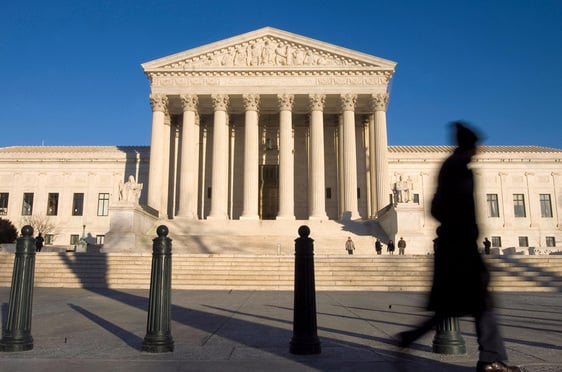Congress enacted the Federal Arbitration Act (FAA) in 1925 to ensure the validity and enforcement of arbitration agreements, thereby encouraging resolution of disputes outside of the court system. Under the FAA, “arbitration is a matter of contract, and courts must enforce arbitration contracts according to their terms.” Rent-A-Center, West v. Jackson, 561 U.S. 63, 67 (2010). The Supreme Court has recognized that the FAA reflects a Congressional intent to enact “a national policy favoring arbitration.” Southland Corp. v. Keating, 465 U.S. 1, 10 (1984). New York law is in accord. As the New York Court of Appeals has stated: “the announced policy of [New York] favors and encourages arbitration as a means of conserving the time and resources of the courts and the contracting parties.” Nationwide Gen. Ins. Co. v. Inv’rs Ins. Co. of Am., 37 N.Y.2d 91, 95 (1975).
Appellate courts in the federal system and New York recently issued a string of significant decisions re-affirming their pro-arbitration stance in Henry Schein, Daesang and Spell. Henry Schein v. Archer & White Sales, No. 17-1272 (Jan. 8, 2019); Daesang v. NutraSweet Co., 85 N.Y.S.3d 6 (1st Dep’t 2018); NRT New York v. Spell, 88 N.Y.S.3d 34 (1st Dep’t 2018). In particular, the Henry Schein case, which was decided by the U.S. Supreme Court in January, reaffirmed the high court’s deference to the “front-end” of the arbitration process, by ruling that courts must enforce contracts that delegate to an arbitrator the question whether a dispute is arbitrable in the first place—even if it is claimed that the argument for arbitration is “wholly groundless.” Henry Schein, No. 17-1272 at 1. Mirroring Henry Schein, the Appellate Division, First Department, recently decided Daesang and Spell, both of which reversed trial court rulings vacating arbitration awards because the trial courts inappropriately waded into the merits of the arbitrator’s rulings. These decisions signaled the Appellate Division’s deference to the “back-end” of the arbitration process.


 Supreme Court building. February 7, 2007. Credit: Diego M. Radzinschi/LEGAL TIMES.
Supreme Court building. February 7, 2007. Credit: Diego M. Radzinschi/LEGAL TIMES.




